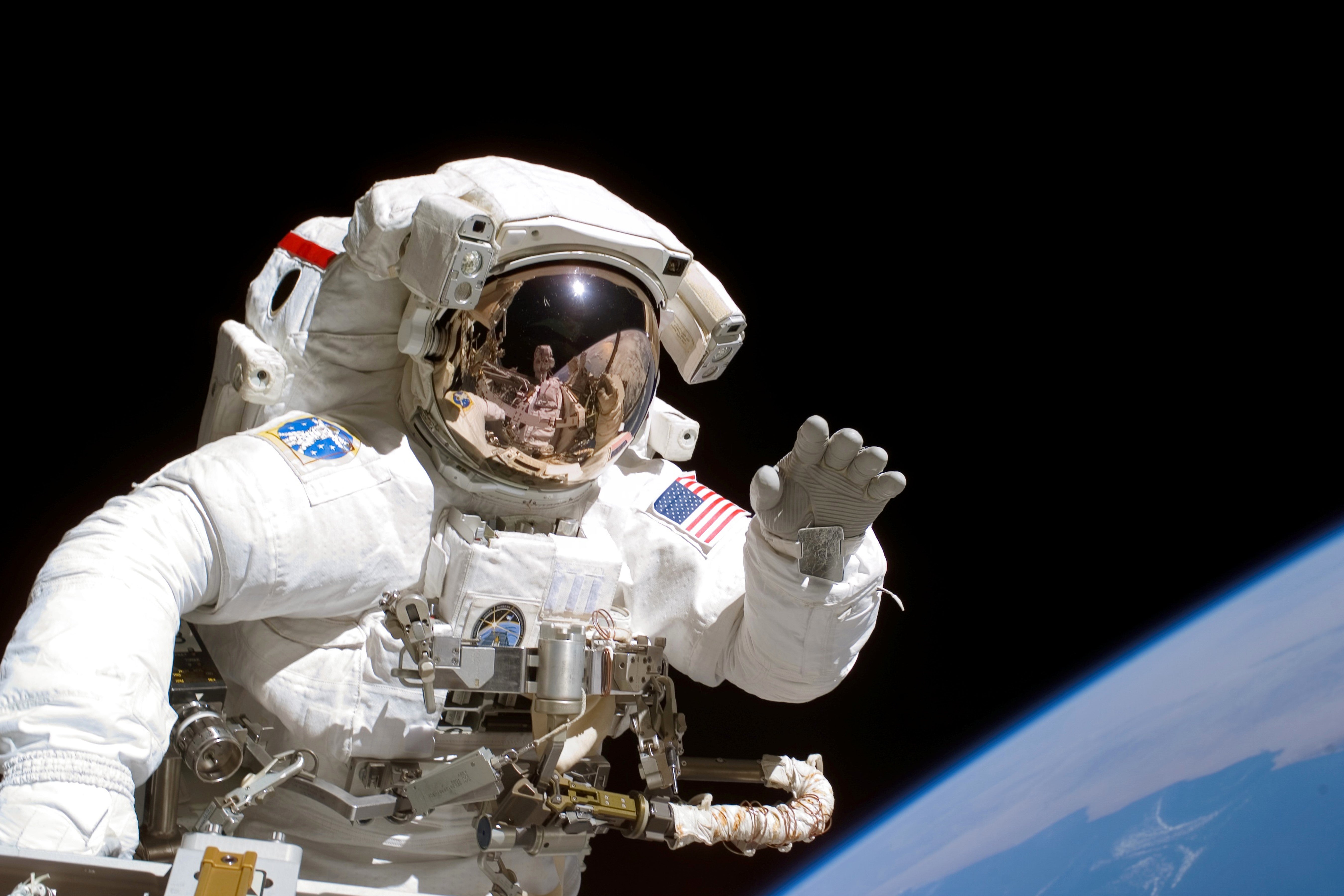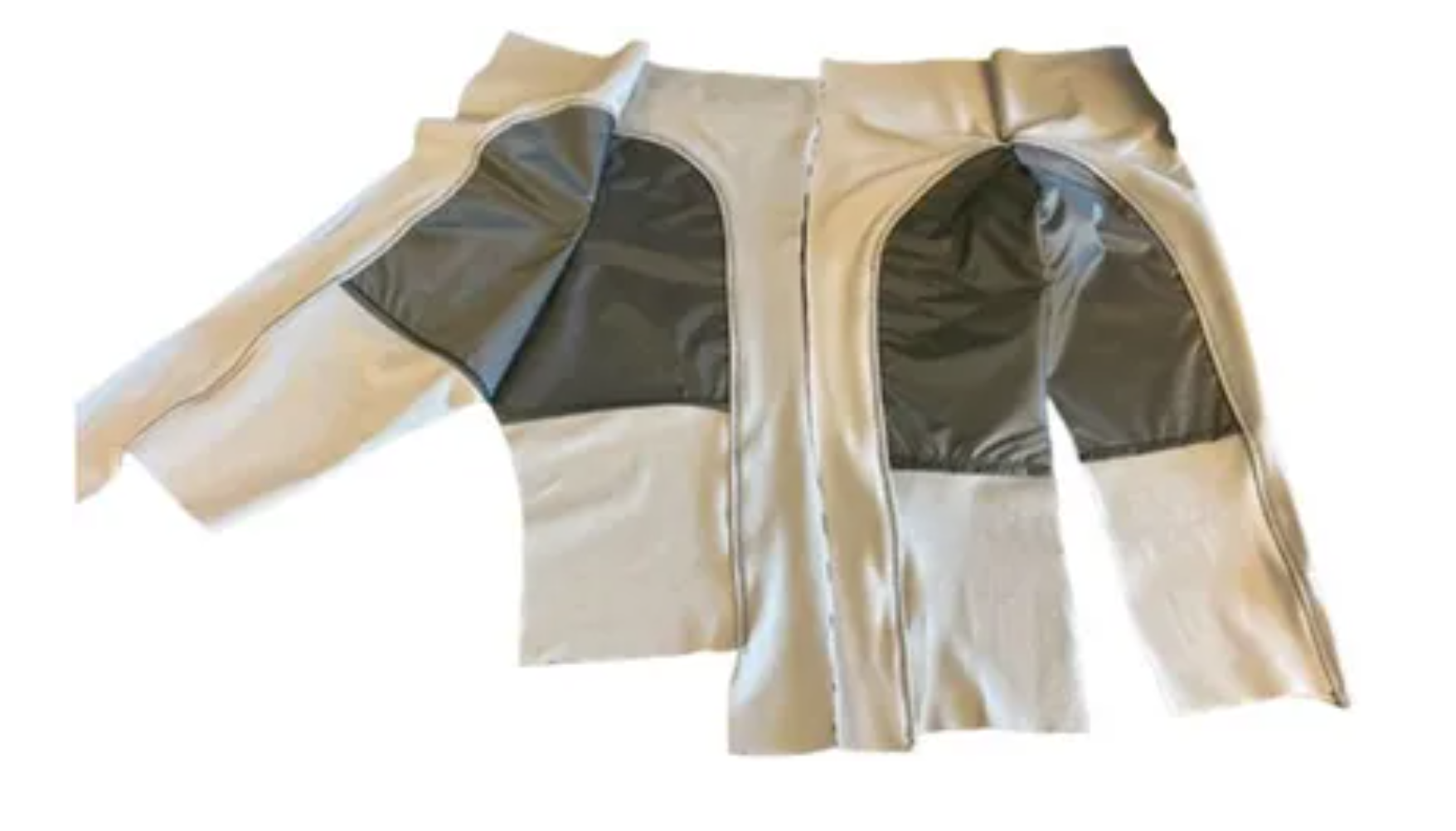New spacesuit turns urine into drinking water in minutes
Sci-fi-inspired suit allows astronauts to go on day-long Moon walks

Astronauts on future Nasa missions could be drinking recycled urine from inside their spacesuits after researchers came up with a novel approach to waste management.
Scientists at Cornell University in the US unveiled a prototype filtration system that filters wastewater into potable water within just five minutes.
Modelled on the ‘stillsuits’ in the sci-fi series Dune, the researchers say the spacesuit could be deployed in Nasa’s Artemis programme, which aims to return humans to the surface of the Moon for the first time in more than 50 years.
Current methods for dealing with human waste while wearing a spacesuit is through an uncomfortable and unhygienic adult diaper-style garment. The new system uses the process of osmosis to filter out contaminants from urine and transform it into potable water.
“The design includes a vacuum-based external catheter leading to a combined forward-reverse osmosis unit, providing a continuous supply of potable water with multiple safety mechanisms to ensure astronaut wellbeing,” said Sofia Etlin, a research staff member at Weill Cornell Medicine and Cornell University.
“Additionally, astronauts currently have only one litre of water available in their in-suit drink bags. This is insufficient for the planned, longer-lasting lunar spacewalks, which can last ten hours, and even up to 24 hours in an emergency.”

The researchers now plan to test the design in simulated microgravity conditions before deploying it on actual space missions.
The new spacesuit design was detailed in the journal Frontiers in Space Technology on Friday, in a paper titled ‘Enhanced astronaut hygiene and mission efficiency: a novel approach to in-suit waste management and water recovery in spacewalks’.
“In response to difficulties astronauts have faced with personal hygiene and performance and work efficiency during EVAs [extravehicular activities], we designed a novel urine collection and filtration system for the next-generation of spacesuits,” the researchers noted in the paper.
“With an understanding of the space and battery capacity limitations of spacesuits, we argue that the trade-off for improved performance and sufficient water in case of a contingency scenario is well worth it.”
Join our commenting forum
Join thought-provoking conversations, follow other Independent readers and see their replies
Comments
Bookmark popover
Removed from bookmarks